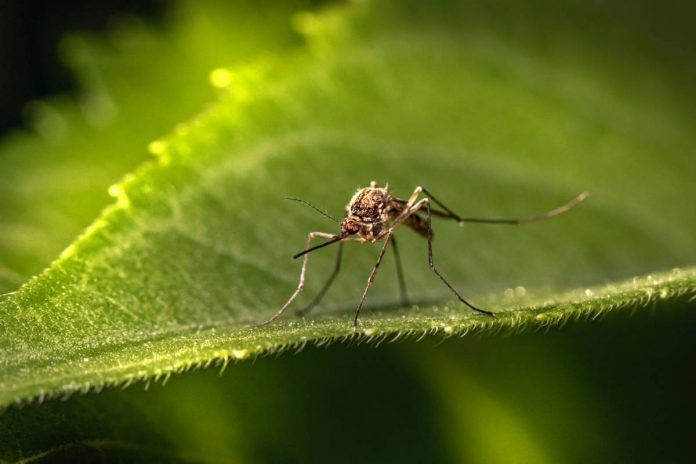
MANILA – In the face of rising chikungunya cases across the country, the EcoWaste Coalition prodded local government units (LGUs), especially the barangays, to intensify the enforcement of Republic Act 9003, or the Ecological Solid Waste Management Act.
The group’s call for intensified enforcement of the country’s waste law is in response to the disease surveillance report of the Department of Health (DOH) showing up to 1,409 chikungunya cases recorded from January 1 to August 12. This figure is 213 percent higher than the 450 reported cases during the same period in 2022.
“We call upon our local community leaders to mobilize their Barangay Ecological Solid Waste Management Committee and other groups to ensure the strict implementation of RA 9003 at the household, school and community levels,” said Ochie Tolentino, Zero Waste Campaigner, EcoWaste Coalition.
RA 9003 provides for the mandatory segregation of discards at source to facilitate their reuse, recycling and composting in an ecological, comprehensive and systematic matter to “ensure the protection of public health and the environment.” Among other prohibited acts, RA 9003 bans “littering, throwing, dumping of waste matters in public places.”
“By ecological managing our discards as directed by RA 9003, we avoid the collection of water in discarded containers such as plastic bottles, tin cans, used tires and anything that can collect water where chikungunya-transmitting mosquitoes can breed,” added Tolentino.
According to the World Health Organization (WHO), chikungunya virus is transmitted by Aedes (Stegomyia) and Aedes (Stegomyia) albopictus mosquitoes, which can also transmit dengue and Zika viruses. Like Aedes (Aegypti) mosquitoes, they lay their eggs in containers with standing water.
“The main method to reduce transmission of chikungunya virus is through control of the mosquito vectors,” the WHO said. “This requires mobilization of communities, who are critical in reducing mosquito breeding sites through emptying and cleaning containers that contain water on a weekly basis, disposing of waste, and supporting local mosquito control programmes.”
In support of the DOH’s prevention, surveillance and control program for mosquito-transmitted diseases, the EcoWaste Coalition urged all LGUs and the general public to take the following eco-tips to heart:
* Properly manage household discards, keeping non-biodegradables dry and clean.
* Inspect and remove standing water at home, garden and neighborhood.
* Turn over, store in a dry place or dispose of containers that may collect water.
* Cover water drums, pails and tanks with lids or mosquito-proof mesh.
* Empty and clean water containers thoroughly once a week.
* Change water in flower vases weekly.
* Remove water from pot plates every other day.
* Clean plant pots that may harbor mosquitoes.
* Loosen soil in potted plants to prevent water from stagnating on the surface
* Clean animal drinking containers daily.
* Cut or puncture tires used as roof support to avoid collecting water.
* Clean clogged roof gutters of leaves and other debris.
The EcoWaste Coalition further reminded the public to shun household insecticides, mosquito coils and other mosquito repellent products that do not have market authorization from the Food and Drug Administration (FDA) as these commodities may pose health and environmental risks./PN






